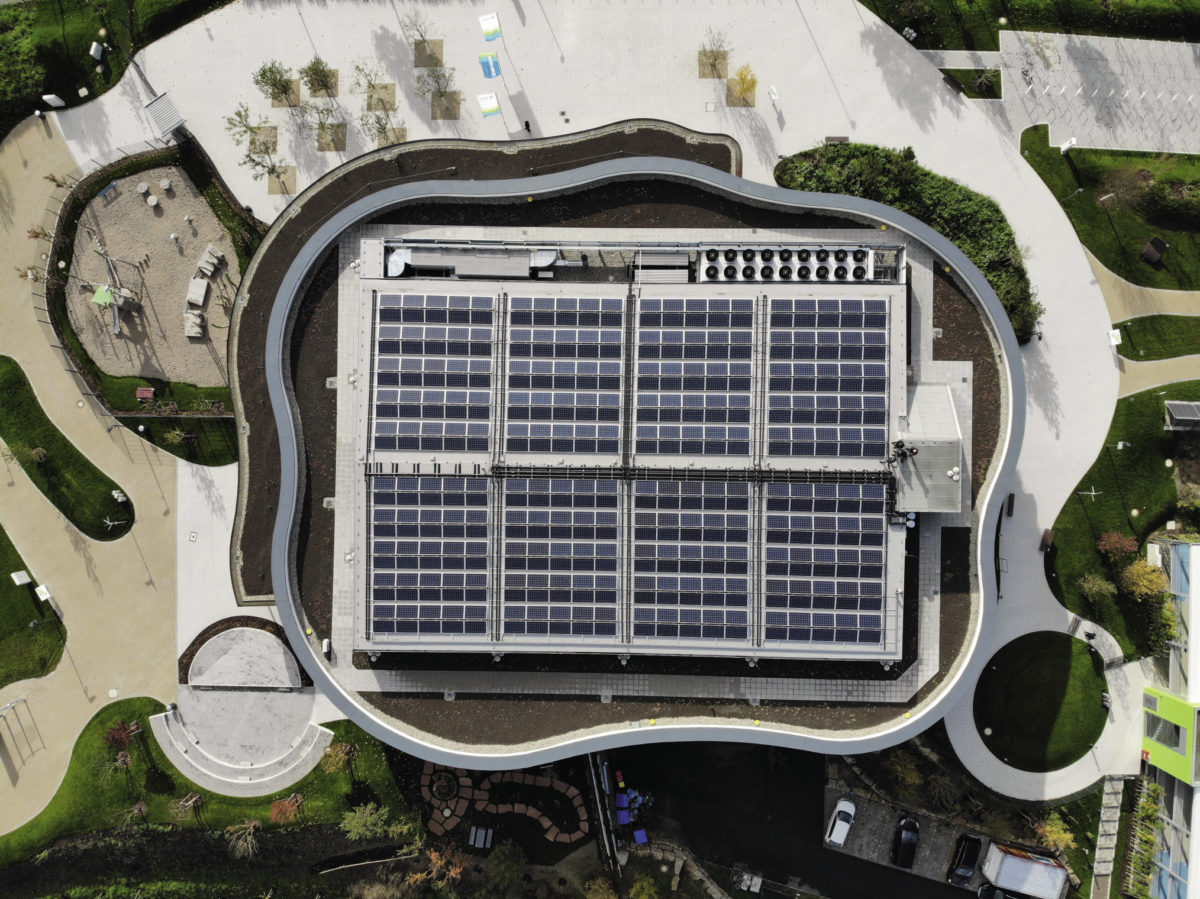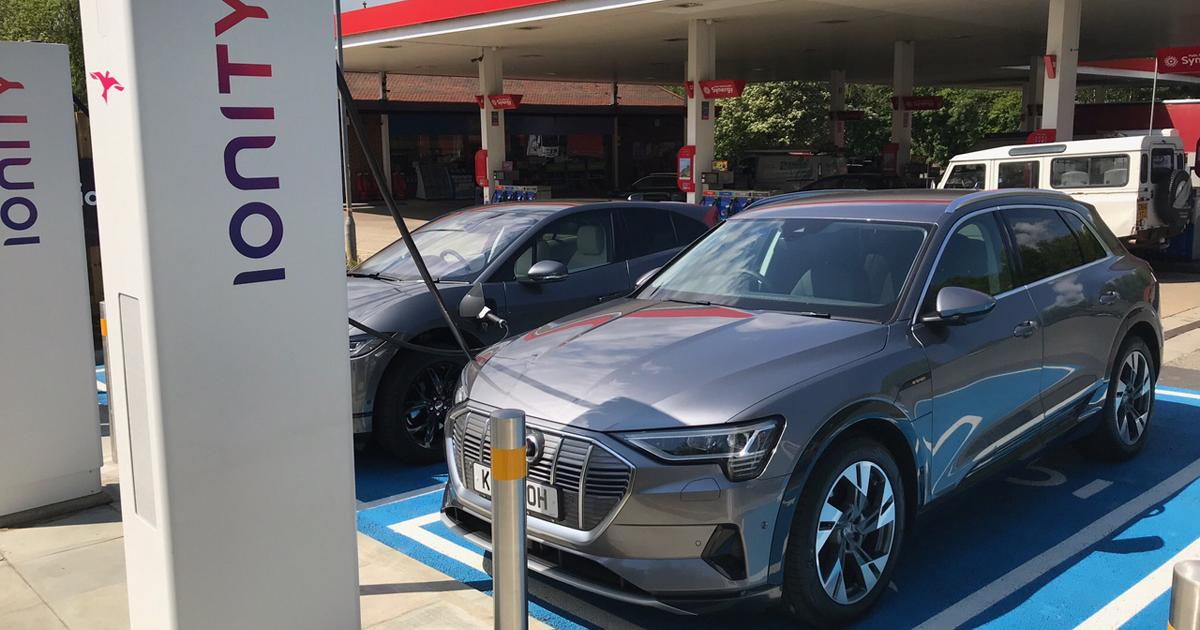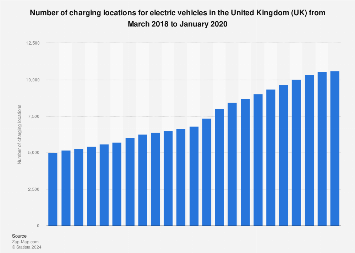Your point is that EVs will cost more in the long run to maintain. That is false, based on myth and propaganda:
- EVs do not not needed servicing;
- They have about 14 moving parts, promising to have a life spans far, far greater than ICE cars;
- The batteries are dropping like lead balloons in price. (Did you look at Tong Seba's vid? Please do);
So EV's will be reliant on the MOT to dictate it's servicing schedule so that is 3 years with no servicing before it's first MOT. I found out recently that the engines in hybrid vehicles don't have the emissions checked at an MOT
Don't know where you found the 14 moving parts fact there is probably that number if not more in the steering alone
The new solid state Toyota battery:
- The prototype cells can fully charge in 15 minutes;
- Capacity loss of just 10% over 30 years;
- Millions of recharges before any degradation;
- Fully recharged in less than 15 minutes;
- Half the size and weight of existing batteries for the same storage;
- The price will be roughly the same as current batteries - in effect half the price.
Others are also working on solid state batteries.
Capacity loss of 10% over 30 years is this real world testing
1 million 15 minute charges takes 28.5 years not taking into account the discharge time
So millions of charges before any degradation is pushing the truth
To make a point it is best to do some research, then some analysis. I have noticed these appalling cars you are fond of, which waste 80% of the energy in the tank, you have not mentioned the poison they pour out the tailpipes.
Best to look at and understand the videos I posted, all based on factual research. It is clear you never looked at them.
I do not have an opinion, I am concluding after research on the subject and analysis. Very different.
You clearly do have an opinion that may be driven by your location, an EV may not suit everybody especially in remote locations but a lot of research does not take that into account
It is all very well posting videos but they can be tainted by the authors own views
EVs are approaching the price of ICE cars. Once parity, then they will just take off. Look at the Tony Seba video.
I have two EV chargers on the pavement on my road. Fast chargers are everywhere. Shell are having one fast charger at every petrol station, with a schedule in place to phase out petrol pumps, as EVs take over. One station in London is now to be all EV charging.
I agree, cars are a pain. But! The advances in battery technology will cascade to homes. We will all see the changes if not in EVs, because we may not own one.
You say fast chargers are everywhere what do you deem to be a fast charger, most of the public charging points that I know off locally to me are 3 or 7 kw
Wise up. When EVs start to take over the chargers will be everywhere. They will be installed very quickly. Did you look at the Tony Seba video? The mass take up of ICE cars in 10 years? Unless you look at the vid it is best not comment on EVs.
I saw a report a little while ago that suggested we needed to be installing 4000 charging points per day for the next 10 years to meet the anticipated demand
With regard to Tony Seba doing some research into his background he seems to be using social media and working as an "influencer" to possibly promote businesses or products that he may have some interest in. I think it is narrow minded of you to suggest others do not comment on EV's if you haven't looked at his video
I can say the same about you. I have taken the bother to find out, you appear not to have done. I have an old Toyota.

The infrastructure is here, it is called the grid. Electricity is everywhere, even in the sticks. EV chargers on drives are easily fitted. Fast chargers are easily fitted, as Shell are doing, who are to phase out all petrol stations. No kidding.
The charging infrastructure is being fitted by councils, and mainly private companies, all over the UK.
You have taken the time to look at a number of videos without looking into the background of those promoting the technology
Electricity is everywhere is really an uninformed throw away comment, without the cable capacity to deliver the load the fact electricity is available is meaningless
To state that EV chargers on drives are easily fitted means not all the housing stock can have an EV point fitted. Depending on what your definition of a fast charger is, the biggest hurdle to overcome is the supply needed for one, a 22Kw charger is probably at the lower end of fast charging and may just be within the capability of the normal domestic supply providing only a few houses in the street have them after that it's 50Kw upwards to 350Kw with the higher capacities only available to vehicles with 900v batteries, to say easily fitted is open to debate a 350Kw charger needs a 260A 3 phase supply plus a further 40A 3 phase supply for the cooling plant.
Is the infrastructure really here to carry all that additional load that you or your videos are forecasting quite a few DNO engineers would beg to differ around my area
It took 10 years to move from horses to petrol cars. That is abandoning of the:
- The breeding of the horses;
- Disposing of dead horses;
- The stables;
- The carts;
- The buggies;
- The maintenance of the carts and buggies;
- The fodder;
- The clearing of the tons of horse manure in the streets each day;
The disposal of the horse manure;
- etc;
Then the adoption of the ICE car, with:
- The factories set up;
- The maintenance of the cars with garages;
- The training of the mechanics;
- the distribution of petrol - initially petrol was sold in chemists;
- The construction of the roads;
The introduction of the ICE car produced many huge industries:
- Car manufacture;
- Car maintenance;
- Oil industry;
- Rubber industry;
- Road construction industry.
All in 10 years. We are half way to that point in EVs.
Until the EV can do everything an ICE vehicle does with the same convenience it will be a hard slog to sell the concept, can it happen in 10 years remains to be seen
Look back on the thread you will see a post by me linked to Fully Charged who interview a top man at National Grid. They say they do not need any more power generation to cope with the coming EVs, etc. The secret is storage of electricity, or energy to make it. Look at it, very interesting. Do not reply until you have looked at it.
The top man at National Grid is more than likely a bean counter with no concept of delivering what is generated to the point of utilisation. It has to be understood that a lot of the local DNO infrastructure certainly in my area was installed 70 - 90 years ago so is grossly undersized in parts add to this that the DNO's diversity allows something like 3 - 5Kw per property depending on whether there is a gas supply really throws into doubt the local networks ability to cope with EV charging.
With regard to power generation AFAIK we still import electricity from France and to fill in the peaks in demand we use pumped storage generation that uses off peak generated electricity to pump the water back up the mountain so will overnight EV charging impact on this due to reducing the amount of off peak electricity available and thus altering the current generation profile
None of this takes into account most households having 2 or more vehicles which if EV's become the norm all will possibly need charging at some point overnight












